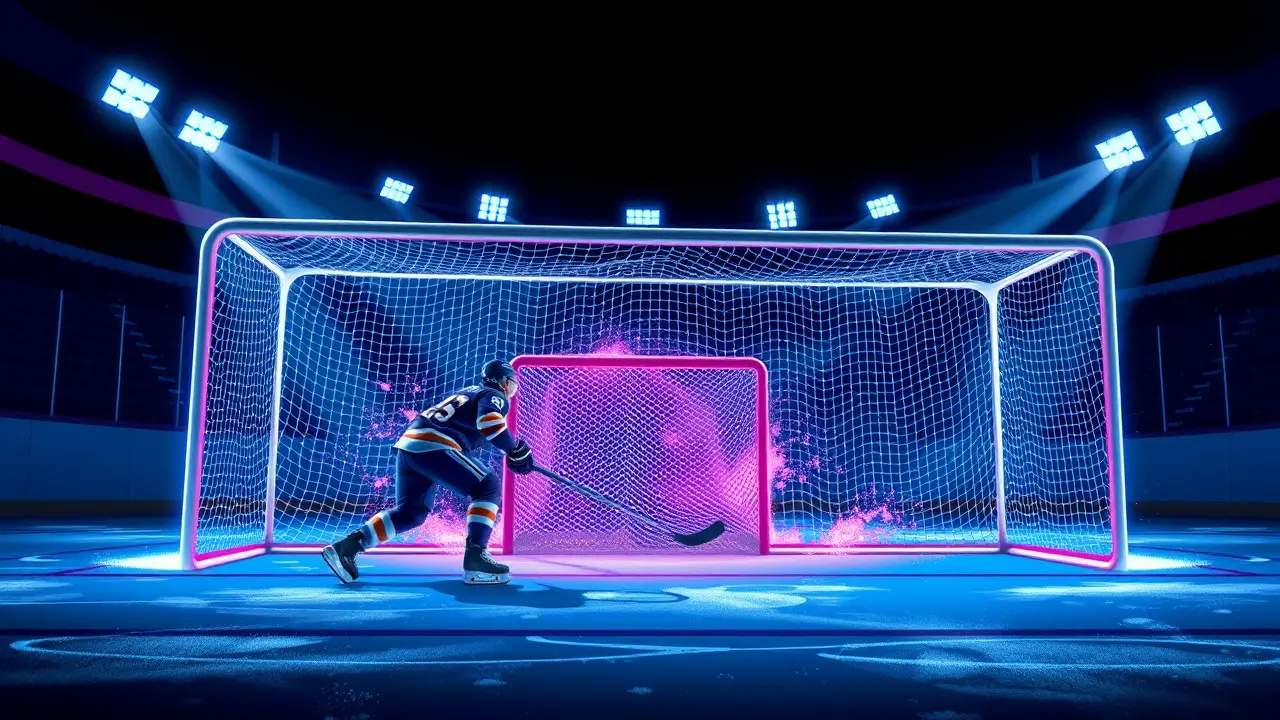Guberniev Criticizes Wrongly Awarded Goal in SKA Match as Catastrophe.
The world of professional hockey was rocked by a staggering officiating blunder during the October 13th KHL match where SKA clinched a 2-1 victory over Avtomobilist, a result now shrouded in controversy after a pivotal goal was erroneously awarded. In the third period, SKA defenseman Andrei Pedan appeared to score, but subsequent reviews incontrovertibly showed the puck entered the goal from the outside of the net, a fundamental error that commentator Dmitry Guberniev labeled an absolute catastrophe and a complete disgrace.This isn't just a simple missed call; it's a systemic failure reminiscent of the most notorious refereeing errors in sports history, like the infamous 'Phantom Goal' in football or the disallowed goal that cost a nation a World Cup. How, in an era saturated with high-definition slow-motion replays, multiple camera angles, and dedicated video review officials, can such a primitive mistake occur? Guberniev's rhetorical question, 'And who are the judges?', cuts to the core of the issue, suggesting a panel of officials watching with 'wide-shut eyes,' a scathing indictment of their competence and attentiveness.The subsequent lifetime suspension of the video assistant is a necessary but insufficient response; it treats the symptom, not the disease. This incident exposes a deeper malaise within the sport's culture, questioning the very principle of fair play.Do players genuinely not notice when a goal is scored so blatantly incorrectly? Is the win-at-all-costs mentality so pervasive that celebrating a fraudulent goal has become normalized? This goes beyond a single game's outcome; it strikes at the integrity of the league, eroding fan trust and devaluing the competition itself. Historically, such monumental errors have acted as catalysts for reform—the introduction of goal-line technology in football followed years of controversy, and the NHL's sophisticated situation room in Toronto was established to provide centralized, authoritative review.The KHL now faces a similar crossroads. It must invest not only in better technology but also in more rigorous official training and perhaps a fundamental philosophical shift towards prioritizing accuracy over expediency. The fallout from this 'child without an eye,' as Guberniev's old saying goes, will likely reverberate for seasons, forcing a long-overdue conversation about accountability, transparency, and the soul of the sport itself, where the pursuit of victory must never eclipse the foundational value of playing the game the right way.
MI
Mikhail Volkov123k2 days ago
smh how do you miss a call like that with all the tech they have tbh feels like the league just hopes nobody notices
0
